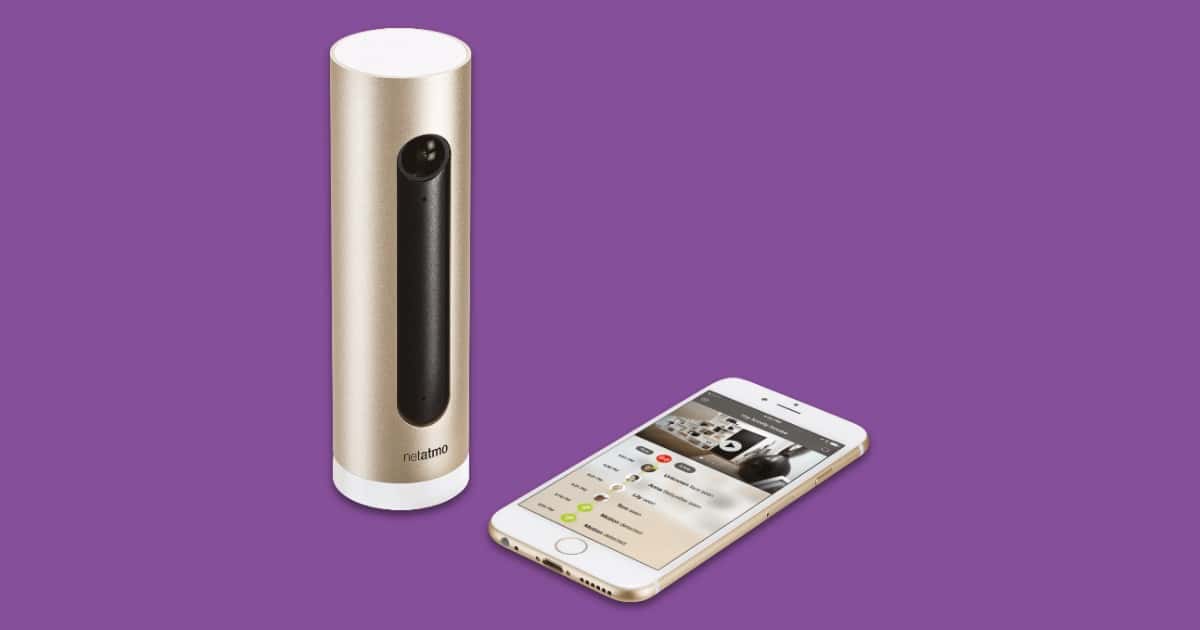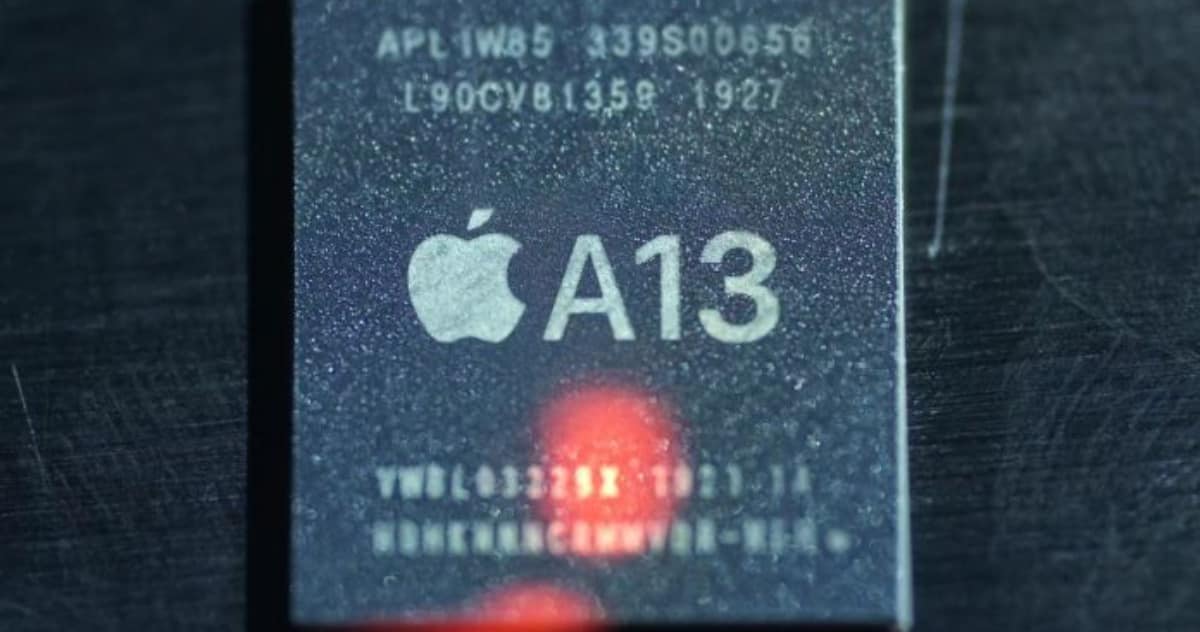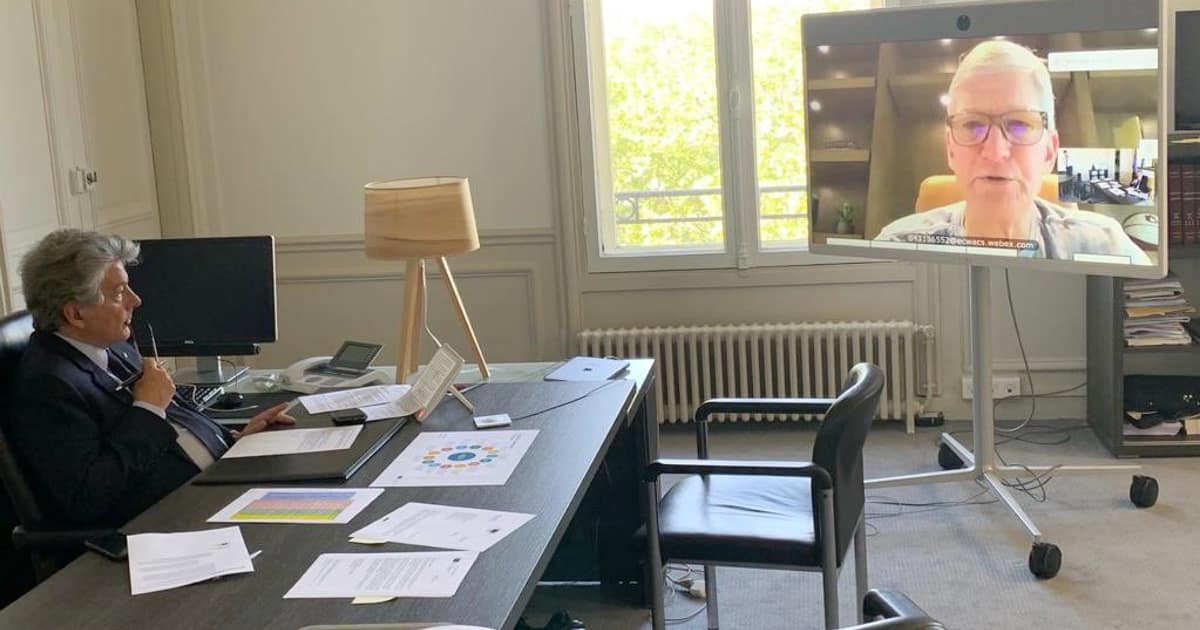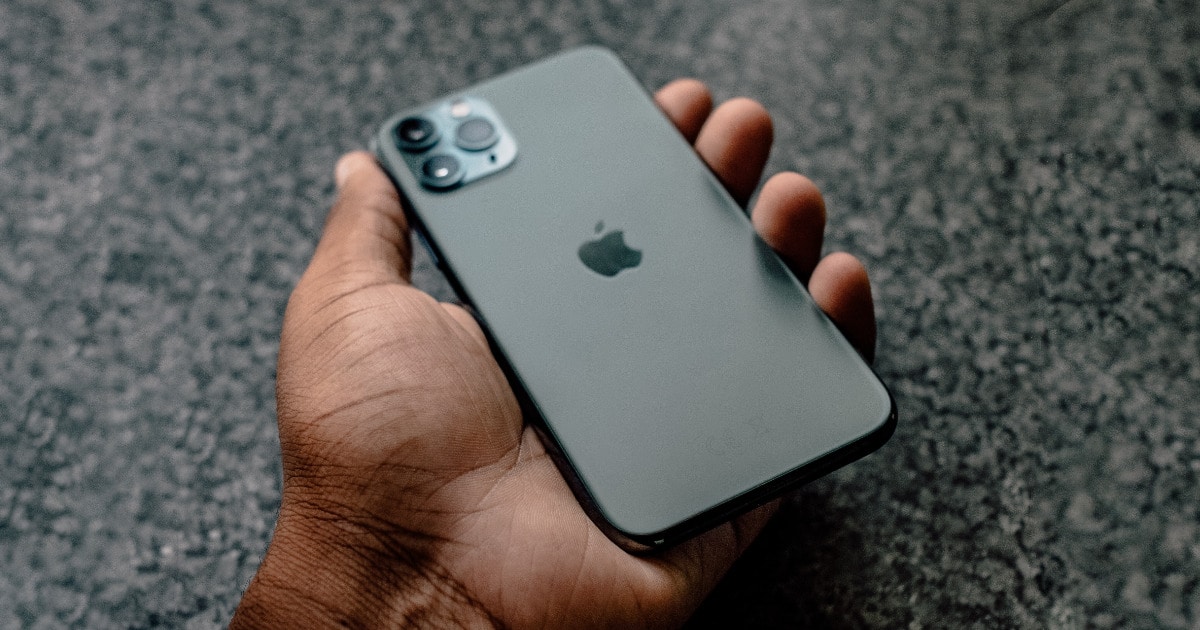Apple and Google have revealed more details about their contact-tracing technology that aims to help tackle the spread of coronavirus.
iPhone 12 Faces Delays and Limits to 5G Capacity
There are more indications that the iPhone 12 will face delays. Available options may also differ depending on the availability of faster 5G networks, according to Cult of Mac.
Options also could be limited in the United States and in other countries, where faster mmWave 5G technology is available. Elsewhere, customers may have a complete iPhone 12 lineup to choose from, but with slower 5G technology, according to the source. The ongoing COVID-19 pandemic has placed question marks on whether Apple’s next-generation iPhone lineup will arrive on time. Many reliable sources remain confident that Apple plans to launch new phones in September, as is traditional.
Morgan Stanley: Apple to Announce Better-Than-Expected Revenue
Morgan Stanley thinks that Apple will announce better than expected revenue in its next earnings call. That’s according to a note by Morgan Stanley analyst Katy Huberty, seen by AppleInsider.
That assessment is based on several factors, including a normalizing of factory activity in China where production of the company’s iPhones appear to be outpacing estimates. Huberty is now forecasting 41 million units produced during the current June quarter, roughly 25% higher than her original 33 million unit estimate. Combined with a strong balance sheet and stabilizing expectations of a 5G iPhone later in the year, Huberty named Apple her top pick amongst the IT Hardware companies Morgan Stanley tracks as part of the group.
Apple Pay Switzerland to be Supported by UBS Bank
Swiss bank UBS announced that it will be supporting Apple Pay in the near future as it gradually rolls out to customers in the next few weeks.
New Text Bug Causes iPhones to Crash, But Apple Fixed it in iOS 13.4.5 Beta
There’s a new text bug going around that causes iPhones to crash when people receive it through Messages, but there’s a fix in iOS 13.4.5.
Facebook Removes ‘Pseudoscience’ Category for Targeted Ads
Facebook is no longer allowing advertisers to use pseudoscience as a category with which to target people.
The company eliminated the pseudoscience category from its “detailed targeting” list on Wednesday, the spokeswoman said by phone, after tech news site The Markup showed that it could advertise a post targeting people interested in pseudoscience.
The Markup demonstrated that Facebook was allowing such ads after saying it would police COVID-19 misinformation on its platform. More than 78 million Facebook users were interested in “pseudoscience,” it said, citing Facebook’s ad portal.
Good to see Facebook doing this. Now we just need YouTube to stop recommending conspiracy videos.
'Big Night In': Tim Cook Announces Apple Support For BBC Coronavirus Fundraising Efforts
Tim Cook appeared on the BBC’s ‘Big Night In’ telethon and said that “Apple is waiving all royalties” on charity single ‘Times Like These’.
13 Videoconferencing Apps - A Selection Guide
Working from home may mean selecting a quality, secure, easy-to-use videoconferencing app. Here’s a nifty rundown, with text description and comparison chart, on the major ones from the Freedom of Press Foundation.
Apple Orders Comedy Series ‘The Shrink Next Door’ With Paul Rudd and Will Ferrell
Apple is bringing a comedy series to Apple TV+ called The Shrink Next Door based on a podcast by the same name.
Underclocked iPhone SE More Powerful Than Android Phones
Some impressive news for Apple: Not only is the iPhone SE more powerful than the most expensive Android phones, it’s doing that while underclocked.
More powerful than Android phones:
Building your own mobile chipset brings many advantages, and Apple is leveraging them today. Google really needs to do the same, and soon.
Underclocked processor:
Looking at the result breakdown of the iPhone SE (2020), the CPU and GPU yield is closer to the iPhone XS and iPhone XS Max that are powered by an A12 Bionic platform. Memory speed is the only thing pushing the 256GB iPhone SE way ahead of the XS family with the result of 77,968, which is in line with the iPhone 11 trio.
No speculation on why it’s underclocked, but one possible reason is heat.
How Apple TV+ Series 'Home' Was Made
One of the new shows coming to Apple TV+ is Home. It tells the tale of how some extraordinary homes around the world are made. In a new clip, we gain an insight into how the series was made.
Netatmo Smart Indoor Security Camera Patched After Security Issue Found
Following an investigation by PCMag and Bitdefender, a patch has been issued for the Netatmo Smart Indoor Security Camera.
The Bitdefender IoT Vulnerability Research Team discovered that the device is susceptible to an authenticated file write that leads to command execution (CVE-2019-17101), as well as to a privilege escalation via dirtyc0w—a local privilege escalation bug that exploits a race condition in the implementation of the copy-on-write mechanism in the kernel’s memory-management subsystem.
Many smart home devices are notoriously insecure, and this is the main reason why I don’t have any of them (Besides my robot vacuum, but I explained my reasoning).
Apple Watch: Remove The Band Before Getting a Repair
Customers need to remove the band on their Apple Watch before going to get the device repaired. If they leave it on, it will no longer be returned. That’s according to update guidance, reported on by Cult of Mac.
It is now explicitly asking customers to remove them. Its new support document warns that any bands sent in will not be returned. Your Apple Watch band and any other accessories that you send won’t be returned, so please remove them before sending your Apple Watch in for service,” read the updated guidelines. Apple also reminds users who own a Link Bracelet band to “remember to separate the link before you remove the band.” In the past, Apple has been known to return accessories, bundled together, when practical. Apple Watch bands would be be reattached, but they would be sent back to the user. It’s possible that practice has now become too time-consuming.
Apple Offers Two Months Financial Support to Premium Resellers in India
Apple has offered significant financial support to its Premium Resellers in India to help mitigate the disruption from the COVID-19 outbreak.
Fortnite is Now in The Google Play Store, but Epic Games Isn't Happy About it
After an 18-month standoff, Fortnite is finally on the Google Play Store. However, Techcrunch reported that gamesmaker Epic Games is not all that happy about it.
“Google puts software downloadable outside of Google Play at a disadvantage, through technical and business measures such as scary, repetitive security pop-ups for downloaded and updated software, restrictive manufacturer and carrier agreements and dealings, Google public relations characterizing third party software sources as malware, and new efforts such as Google Play Protect to outright block software obtained outside the Google Play store,” an Epic Games spokesperson said in a statement. “Because of this, we’ve launched Fortnite for Android on the Google Play Store.” Epic Games withholding Fortnite from the Play Store was a very clear threat to Google’s app profits, though Google argued that downloading Android software outside of the Play Store presented a clear security threat to users who could unknowingly download malware from less reputable sites.
How to Sign a PDF Document on a Mac
Starting with macOS Lion (10.7) Apple introduced a nifty method of adding a written signature to a PDF document. But the procedure has changed over the years. Here’s how to do it today.
Apple to Sell Macs Containing its Own Processors From 2021
Apple is aiming to release Macs containing its own chips, instead of Intel processors, with the devices set to go on sale in 2021.
Dr. Mac's Productivity Prescription – TMO Daily Observations 2020-04-23
Today, Bob “Dr. Mac” LeVitus joins host Kelly Guimont to chat about ways each of them have discovered to be productive while not in a “regular” office.
Apple Music Comes to Newer Samsung Smart TVs
Apple Music is coming to newer models of Samsung smart TVs. This is the first time Apple Music has appeared on a TV besides the Apple TV.
Apple-Backed Coronavirus Contact-Tracing Tech Set to Arrive Ahead of Schedule
Apple’s coronavirus contact-tracing API will reportedly be available from April 28, days ahead of the original schedule.
Apple on a Roll, Apple TV+ and Streaming Video, with John Martellaro - ACM 527
John Martellaro joins Bryan Chaffin to discuss Apple’s recent roll when it comes to launching new products. They also talk about Apple TV+ and the other streaming video services, which are seeing a bit of a book thanks for shelter-in-place orders—including what it means for the future.
Enjoy Luminous Light Beating to the Rhythm of Your Favorite Music: $29.99
We have a deal on a pair of Spark Headphones, earbuds with a cable that glows and pulses to the beat of your music. You can also make the glow be steady, which is useful for being seen, or turn the glow off if you prefer to be a bit more incognito. The headphones have a microphone for calls and noise canceling. They’re $29.99 through our deal.
Report Finds iPhone 11 Sales Accounted for 66% in Q12020
A report today found that during the first quarter of 2020 iPhone 11 sales accounted for 66% of iPhone sales in the US.
Apple Care+ For iPad Pro Can Also Apply to New Magic Keyboard
If you bought one of the new iPad Pros you likely wanted Apple Care+ too. Cult of Mac explained how you can extend this coverage to your accessories, including the new magic keyboard.
Apple says “AppleCare+ extends your iPad, Apple Pencil, and Apple-branded iPad keyboard coverage and includes up to two incidents of accidental damage coverage every 24 months.” Obviously, that includes the new Apple Magic Keyboard for iPad Pro, the most expensive iPad keyboard Apple ever released. The version made for the 11-inch tablet is $299. And Apple asks $349 for the one designed for its 12.9-inch iPad Pro, putting this version of the accessory above the $329 price for the base-model iPad. Accidental damage coverage also covers the Apple Smart Keyboard Folio, which is either $179 or $199, depending on the screen size of the iPad Pro it’s intended for. The $99 Apple Pencil or $129 Apple Pencil 2 are also covered.






















